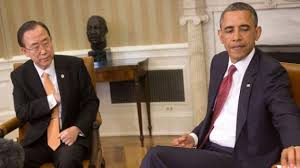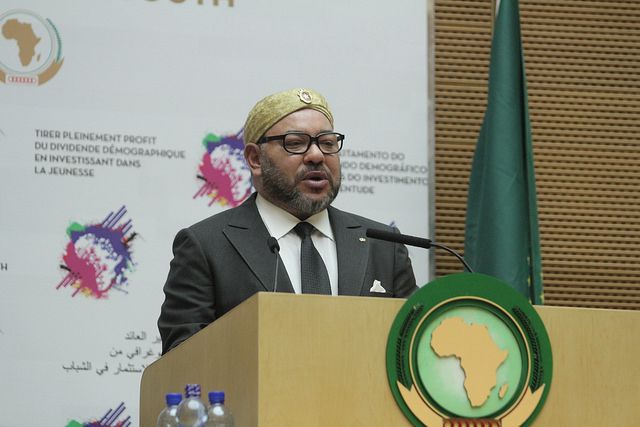Morocco’s public finances are under unprecedented pressure due to imported inflation and its impact on the cost of state subsidies. But despite the impact of geopolitical tensions on the state budget, the government maintains its expansionary budget which has increased funding for social services.
Morocco has adopted an ambitious development model to bolster the competitiveness of the economy, double GDP per capita by 2035 and improve social services. The implementation of this progra requires a Kenesian approach from the current government.
The Russia-Ukraine war made the achievements of the goals of the new development model an uphill battle with growth prospects falling from 3.2% this year to 1.7% at best, according to government forecasts.
The new inflationary pressures created by the disruptions of global supply chains and the surge of commodity prices meant the government had to make additional public spending efforts.
This year, the cost of supporting bread prices would surge to 7.320 billion dirhams, cooking gas subsidies would rise to 22 billion dirhams, while sugar subsidies totaled 1.4 billion in the first four months this years alone, minister in charge of the budget Faouzi Lekjaa said.
To support citizens’ purchasing power and prevent a negative impact of higher fuel prices on goods, the government earmarked 1 billion dirhams in support to professional transporters.
The pandemic-hit tourism sector received 2 billion dirhams from the state budget as a recovery package while the drought-stricken farming sector will receive 10 billion dirhams.
But despite this financing effort, Morocco’s government expects its fiscal deficit forecasts to remain unchanged at 6.3%. Lekjaa said higher tax revenues would offset the impact of the surge in subsidies and social services.
The uncertainties created by a changing global order on the sounds of the drums of war in Eastern Europe adds more pressure auguring ill regarding global inflation and low growth as a new normal that Morocco and other emerging countries have to adapt to.



